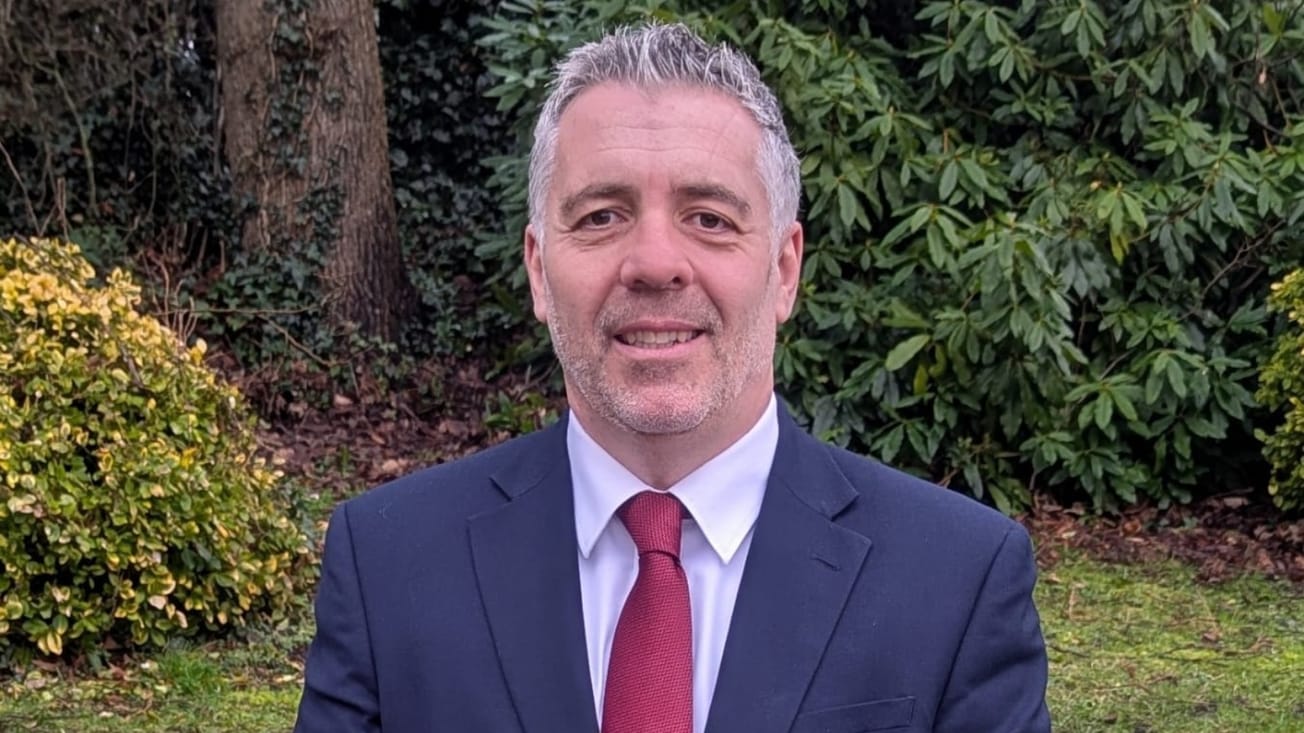This is the first in a three-part series of expert columns from Altrincham-based dietitian Christine Kenny.
It’s the new year, which means that millions of people have made a resolution to go on a diet. This year, they say, is finally the one they will become slim and healthy.
There are so many diets to choose from, from juices and shakes to oils, pills and herbs all wrapped up in elegant packages.
Then there are the peculiar food-combining diets endorsed by glamorous celebrities.
All of them are “quick fix diets”, promising huge weight losses in a matter of days.
Sadly, if it sounds too good to be true, then it probably is. There is no pill or drink which will encourage the body to melt the fat away nor is it designed to run on severely restricted calories.
I’m not saying you won’t lose weight if you follow these regimes – you most probably will because somewhere along the line you are dramatically cutting calories.
It’s what happens when you stop the ‘quick’ fix diet and you go back to your regular life which concerns me.
For the majority of dieters, the weight does go back on and it goes on quicker. You will most likely be deficient in vital nutrients and have poor energy levels. We are social creatures, celebrations and social occasions revolve around food, and when you follow a strict diet or eating regime this can have negative psychological effects, promoting feelings of deprivation and isolation.
These diets can play havoc with people’s self-esteem because they are so hard to follow. Many people report feeling miserable and even more so when the weight creeps back on.
My biggest issue with these diets is that they haven’t got to the root cause of the weight gain.
We live in a society where we want results now, but sadly the excess fat didn’t come on over night and it definitely won’t go overnight.
It has taken time for the body to build up these fat stores. Habits have been formed which keep the fat piling on, habits such as eating large portions, snacking, mindless eating, sitting too much, diets high in fats and sugar, not partaking in regular exercise, the list is endless.
The problem with habits is that we don’t think about them, we don’t realise that they are harming our health. It is hard to change them but the good news is it can be done.
It will take some determination and commitment but it won’t be long before you form new healthy habits. The best way is to make small changes to the way we eat and move, eventually these will become habits and the old habits will disappear.
If you’re ready to start making new habits, my advice is to try one or two changes at a time. First you need to take a look at your current lifestyle and think about something you could do less of, or something you could do more of.
An example would be increasing the amount of vegetables in your meals and reducing the carbohydrate element to the correct portion, or increasing your exercise sessions to twice a week.
As tempting as it may be, don’t go for the quick fix – adopt better habits and ensure your excess weight goes for good.
For more information about Christine Kenny Nutrition and Fitness, see www.ckennynutrition.co.uk. You can also email her direct at enquiries@ckennynutrition.co.uk or phone 0161 941 6455 or 07772 179 587.










